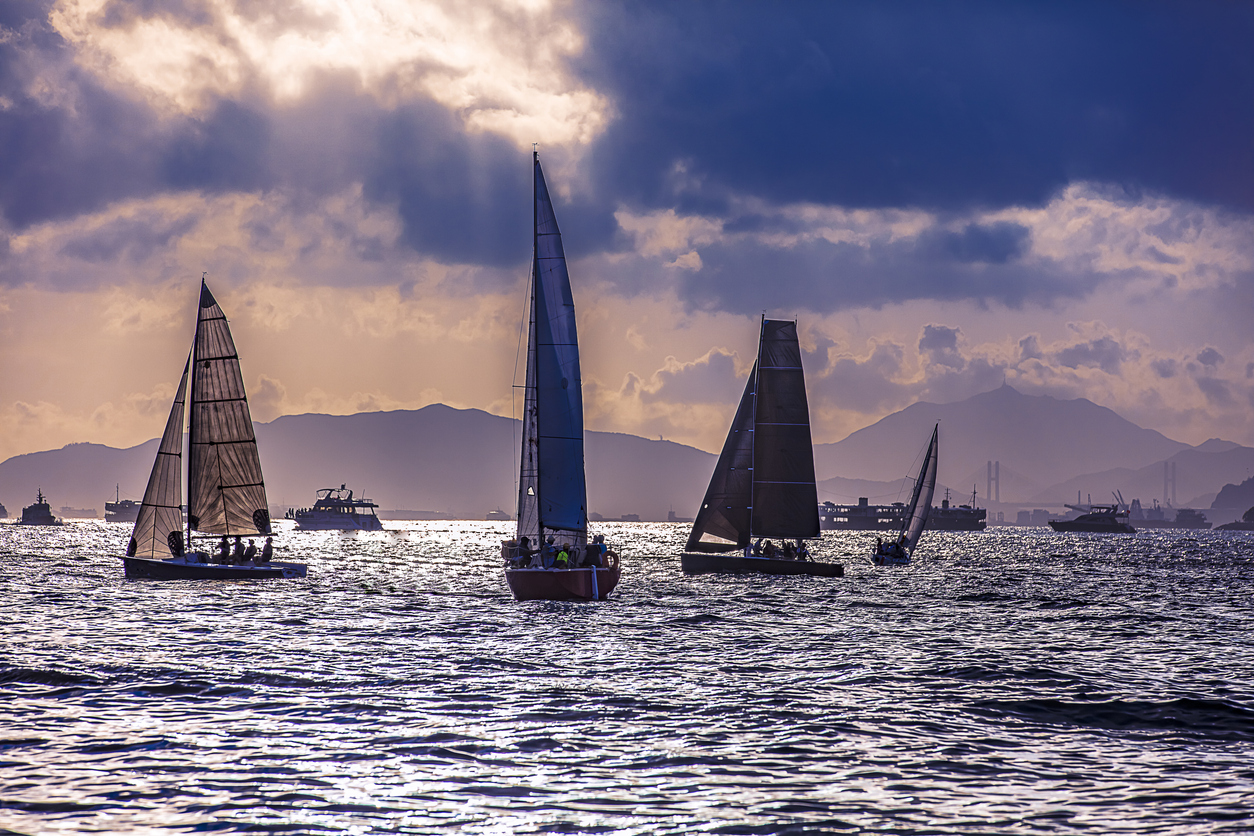
How Yacht Clubs Can Prevent Oil Spills
May 18, 2023
Preventing oil spills in yacht clubs is crucial for preserving marine ecosystems, protecting wildlife, and ensuring the sustainability of coastal environments. Yacht clubs have a significant role to play in safeguarding our oceans and promoting environmental responsibility.
Of course, having commercial marine insurance is a must. With yacht club insurance, owners can have peace of mind knowing that their facility and assets are protected.
Learn more about how yacht clubs can prevent oil spills and ensure a cleaner and more sustainable marine environment.
How Can Yacht Clubs Prevent Oil Spills?
Yacht clubs can prevent oil spills by implementing the following measures:
- Training and educating members on proper fuel handling and storage
- Maintaining and inspecting equipment and vessels
- Installing spill containment and recovery systems
Providing training and education equips yacht club members with the needed knowledge and skills to handle fuel responsibly.
Employees should have education on spill response protocols. By promoting awareness and ongoing education, yacht clubs can empower members to advocate proactively for oil spill prevention.
Regular maintenance schedules and thorough inspections of equipment and vessels play a critical role in preventing oil spills. These measures help identify and address potential issues before they escalate, reducing the risk of spills and environmental harm.
Installing effective spill containment and recovery systems enables yacht clubs to respond promptly to and mitigate oil spills. Minimizing the environmental impact of oil spills with secondary containment measures, oil spill response kits, and booms is possible.
What Causes Oil Spills?
Oil spills at yacht clubs usually occur due to human error or negligence. Also, equipment failure and malfunctions can cause them. Natural disasters or potentially extreme weather can also cause oil damage.
Yacht club workers may need to be more careful handling fuel, performing maintenance, or carrying out spill prevention protocols. These actions can lead to oil spills and environmental damage if unaddressed.
Equipment failure and malfunctions can occur when machinery, systems, or components experience unexpected breakdowns or faults. If not properly maintained and monitored, issues with this equipment can result in oil spills.
Natural disasters and extreme weather conditions can lead to oil spills through vessel damage, infrastructure destruction, or the disruption of storage facilities. Preventing oil spills due to these issues requires appropriate preventive measures.
Emergency Oil Spill Response Plans
Yacht clubs can implement proactive strategies to handle and mitigate the impacts of spills effectively. Practical measures include:
- Designating responsible personnel
- Establishing communication channels
- Collaborating with local authorities and cleanup agencies
Yacht club owners should train key personnel to manage spill response actions. These workers should have the knowledge and expertise to lead response efforts, coordinate resources, and make crucial decisions during emergencies.
Establishing communication channels is essential for an efficient and timely response. Yacht clubs should establish clear lines of communication among club members, staff, and relevant stakeholders.
Collaborating with local authorities and cleanup agencies is crucial for a coordinated response to oil spills. Yacht clubs should establish partnerships and communicate regularly with local authorities and professional cleanup agencies.
Implementing emergency response plans helps yacht clubs handle oil spills, minimize their environmental impact, and protect the surrounding marine ecosystems.
The Importance of Promoting Environmental Awareness
Promoting environmental awareness is crucial for fostering a culture of responsible and sustainable boating practices. It also helps create a sense of collective responsibility toward protecting the marine environment.
Club members and visitors should also have education on the impact of oil spills. It helps raise awareness about the ecological consequences of such incidents.
Yacht clubs should also encourage responsible boating practices and promote behaviors that minimize the risk of oil spills. These include proper fuel handling, routine maintenance, and adherence to safety protocols.
Organizing cleanup events and participating in conservation efforts demonstrates the club’s commitment to environmental stewardship. Initiatives to clean up coastal areas and participate in shoreline restoration projects may inspire others to take part in protecting our oceans.
About Merrimac Marine Insurance
At Merrimac Marine, we are dedicated to providing insurance for the marine industry to protect your clients’ business and assets. For more information about our products and programs, contact our specialists today at (800) 681-1998.
